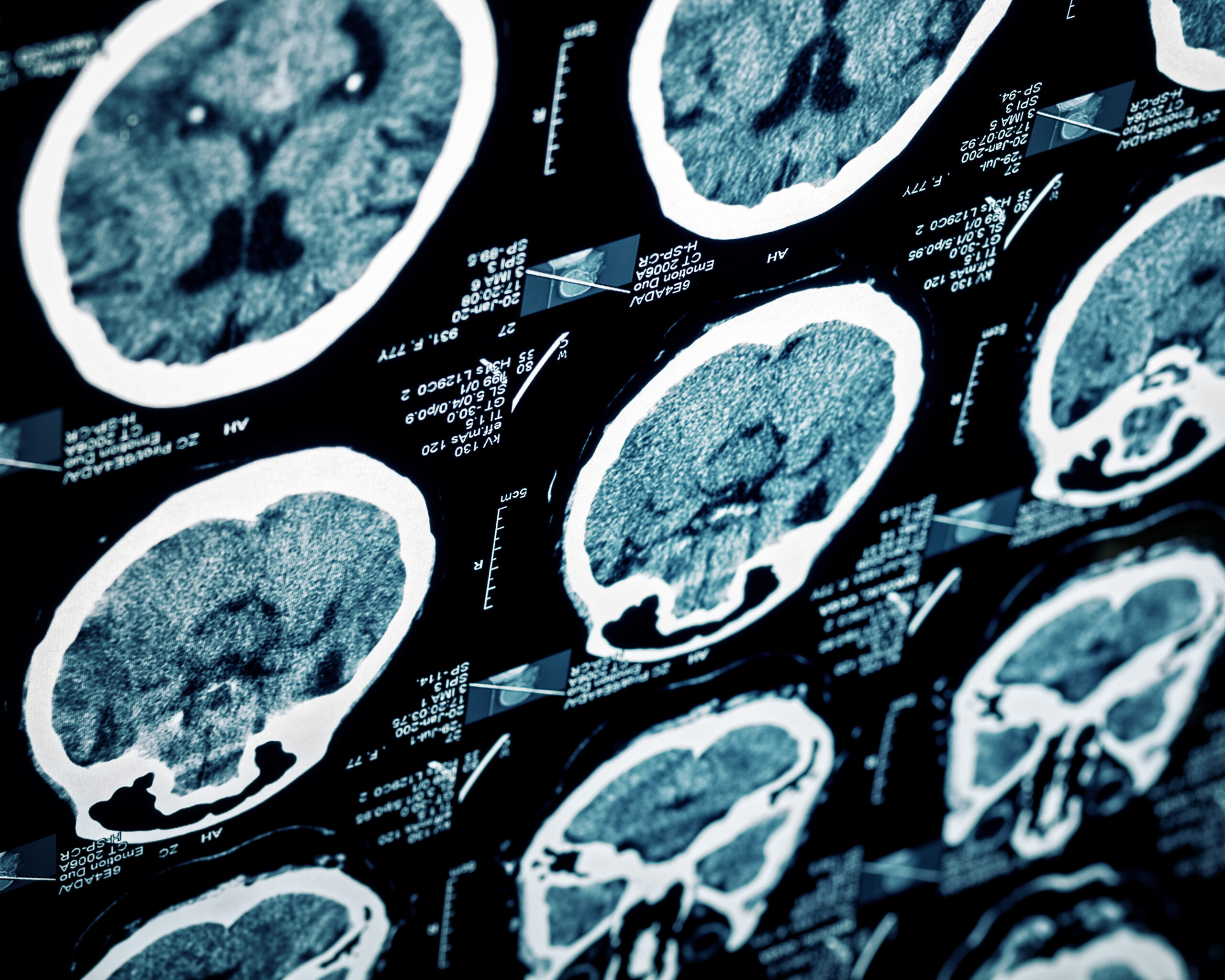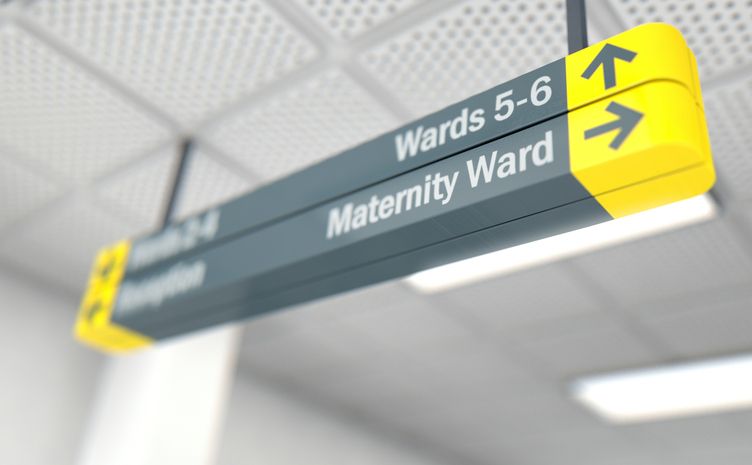A stroke is one of the most common causes of acquired brain injury, and affects approximately 100,000 people every year.
According to the Stroke Association, almost 25% of strokes happen to people under the age of 65, and approximately 400 strokes a year occur in children and babies. May is #strokeawarenessmonth, and it is important to raise awareness of something that can be life changing or cause death, and can affect anyone, at any age and at any time.
Types of stroke
There are three main types of stroke:
- The most common are ischemic strokes (aka brain ischemia or cerebral ischemia). This kind of stroke is caused by a blockage in an artery that supplies blood to the brain. The blockage reduces the blood flow and oxygen to the brain, leading to damage or death of brain cells.
- Another type of major stroke is a haemorrhagic stroke, which happens when a blood vessel in the brain ruptures and causes bleeding. This bleeding compresses the brain tissue, which can damage or kill it.
- The third type of stroke is called transient ischemic attack (TIA) or more commonly known as a ‘mini-stroke.’ These are caused by a temporary blockage or decreased blood flow to the brain. TIAs are usually less severe and may not lead to permanent brain damage, but if poorly diagnosed or treated they may result in a stroke developing soon after.
Diagnosis and treatment
It is vital to recognise the signs and symptoms of a stroke and act FAST (Face, Arms, Speech, Time to call an ambulance), as a delay in treatment can result in serious injuries and even death.
Unfortunately, despite symptoms of strokes usually being clearly visible, these can be missed, which in turn leads to a delay in treatment. This can result in individuals sustaining more significant injuries, as the longer the stroke is left untreated, the higher the chance of severe brain damage.
It is also important to note that a failure to diagnose and treat a medical condition, such as hypertension (high blood pressure), can cause strokes.
Our medical negligence team has dealt with a number of medical negligence cases involving strokes and brain injuries (and sometimes death) that have resulted from:
- Failure to treat patients suffering from high blood pressure over a period of time;
- failure to recognise the symptoms of a stroke in patients who attended their GP or hospital for treatment;
- failure to treat patients suffering from a stroke who attended hospital for treatment;
- failure to refer patients to specialist doctors for treatment of their pre-existing medical conditions that made them susceptible to high blood pressure.
Living with a brain injury and rehabilitation
Strokes are life changing. The severity of brain damage caused by a stroke will have a significant impact on yours and your loved ones life.
Although compensation will not serve as a sufficient substitute for your life prior to any negligence, at Bindmans LLP we work hard to make sure that our clients receive a compensation package which ensures that the necessary rehabilitation programme and support is put in place. We help our clients to rebuild their lives and ensure that accountability is brought, and that these types of cases are avoided in the future.
Resources
The Stroke Association is a national charity that helps people rebuild their lives following a stroke. You can ring their helpline on 0303 3033 100, or contact them on their email: helpline@stroke.org.uk. They also have a helpful guide, which provides resources and information to support stroke patients and their loved ones.
Further Information
If you, or a member of your family, are affected by any of the issues covered, please contact one of our specialist Clinical Negligence and Personal Injury solicitors, or call us on +44 (0)20 7833 4433.




